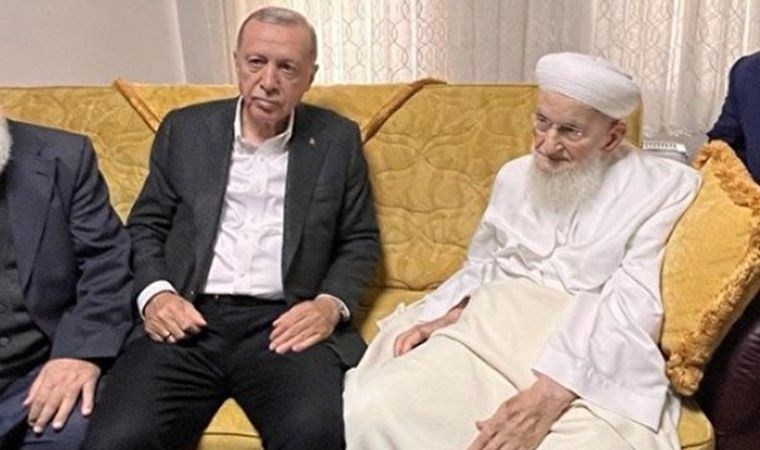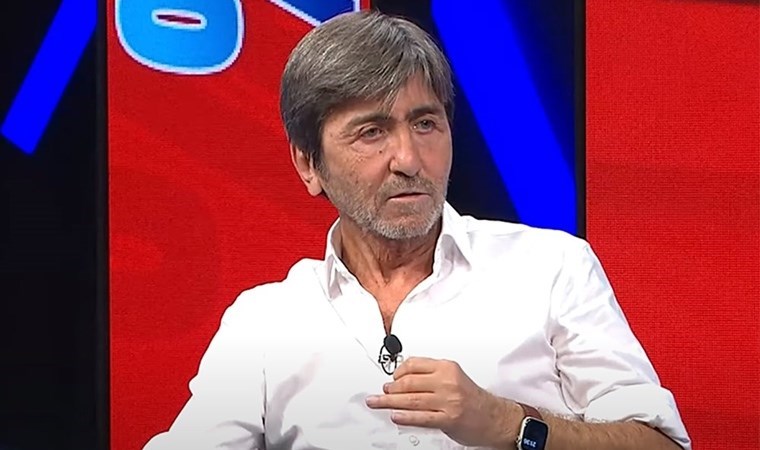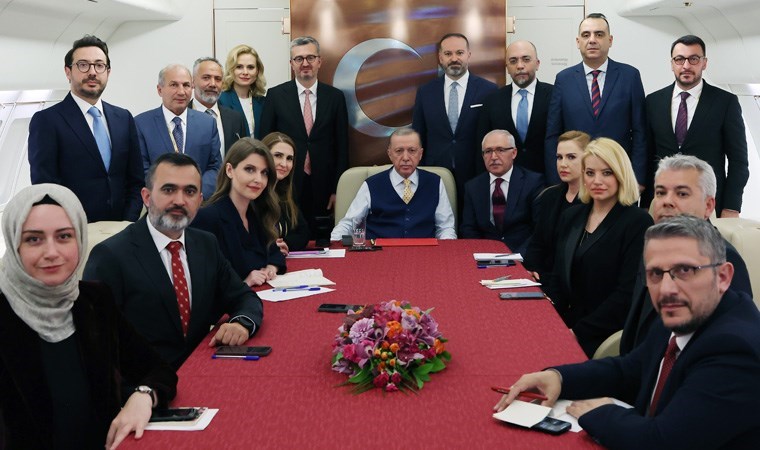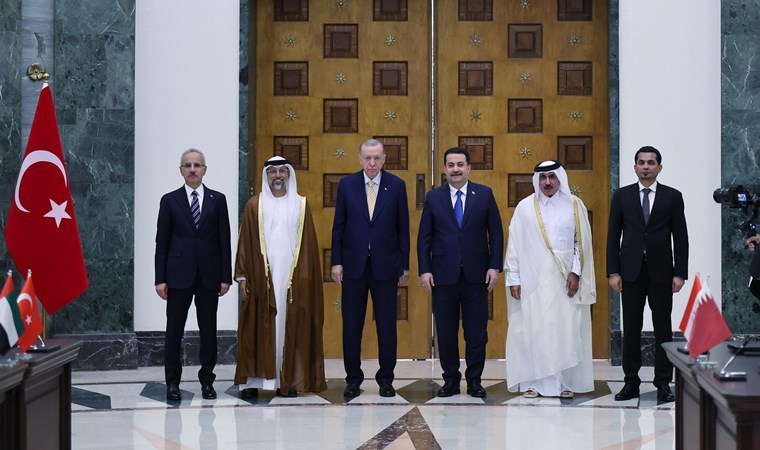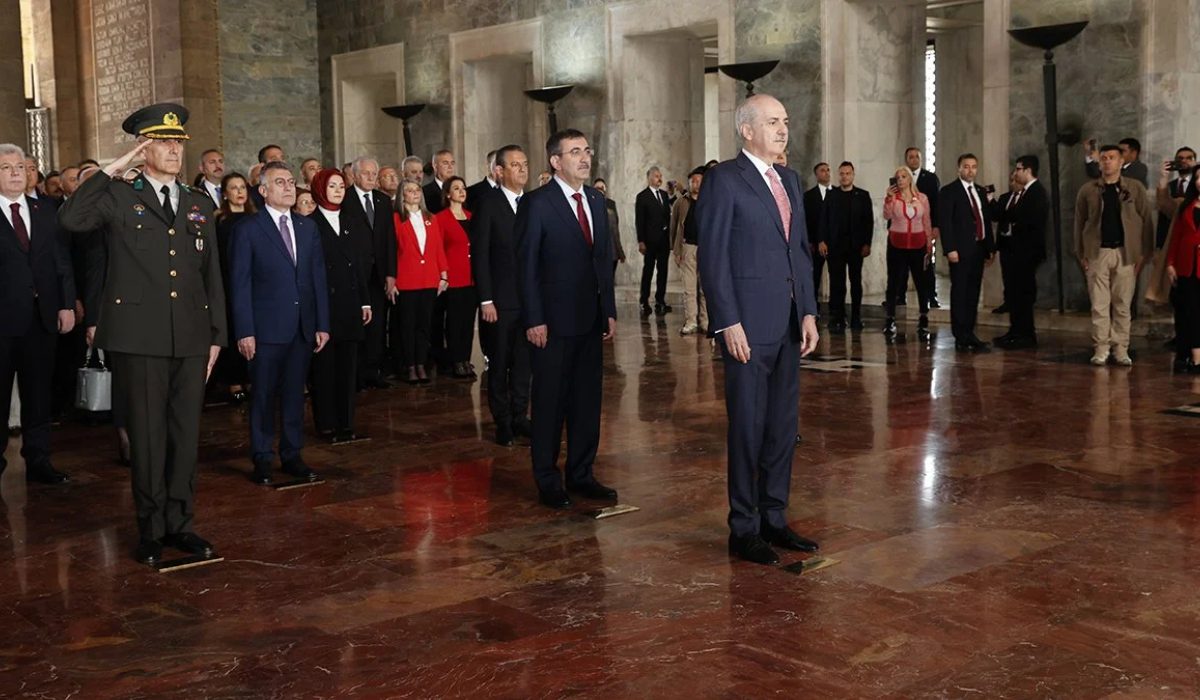Who will pay for the crisis? Contrary even to capitalist morality!
Pointing out that Turkey may embark on debt consolidation, Economics Professor İzzettin Önder said if an entire people is made to suffer the consequences of this decision to be taken under the single-man system this is “contrary even to the morality of capitalism.” Önder said, “This is not how you oppose imperialism.”
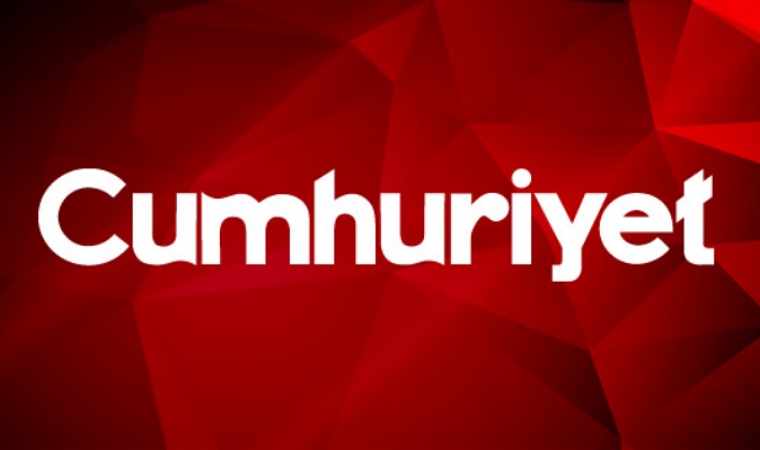
President Tayyip Erdoğan and AKP officials, stressing with reference to rising exchange rates, “They have declared economic war on us,” have called out to the business world for solidarity. Despite the attempt to fob off problems with messages of unity and togetherness and theories of “external forces,” according to economists, more serious causes lie behind the economic crisis that has been precipitated by US-Turkish tension. With external dependence in manufacturing constituting the main axis of the crisis, lying at the heart of the problems are economic policies under which problems have built up and been ignored.
Economics Professor İzzettin Önder assessed for Cumhuriyet the potential impacts on the Turkish economy of the sharp rises in the exchange rate. Pointing out that no heed had previously been paid by either the business world or politicians to the omens of crisis, Önder asked, “Nobody was emitting messages of solidarity when there was a surfeit of cash. Why are they now?” Pointing out that debt consolidation may now be embarked on, İzzettintin Önder stressed that if an entire people is made to suffer the consequences of this decision to be taken under the single-man system this is “contrary even to the morality of capitalism.”
With reference to tension over sanctions between Turkey and the US, Önder said that politicians in both countries may have messages they wish to give to their own bases, but the economy always plays out by its rules.
The people will shoulder the burden
Indicating that the problems in the Turkish economy are not so simple, Önder said, “Essentially, this is a continuation of the project that is taking Turkey away from manufacturing. A process that started in the period in which financial controls were removed at the time of Özal. There were those who made a killing out of this and funds were transferred to certain segments. This did not strengthen the whole economy. We did not realise this. Now the debt problem has come very much to the fore thanks to the rise in the dollar. The current account deficit is at a very high level. Considerable expenditure has also been made recently due to the elections.”
Stressing that, if these debts are consolidated under some kind of external agreement (such as restructuring short-term debt or the state assuming the private sector’s debt), the people will shoulder the ensuing burden, Önder continued, “The people should not be left to shoulder the burden of incorrectly taken decisions and decisions taken by a single person. If, as in 2000, private sector debt is transferred to the public sector, people will have to accept this directly. A person accepts liability for things done under their own responsibility. If this took place as part of broad framework decisions, I will weep but accept it as my decision. If the other parties have no right to speak and I voted for one of those parties, this is an immoral and unjust situation. Even capitalism has a morality. It has methods. I also have the right to a voice in parliament. If this is accepted in a single-man or one-party state, it deals justice a blow.”
Debt postponed
Pointing out that in the capitalist system the Central Bank had to be independent, Önder remarked, “This won’t work under directives. It will repel foreigners. This is not how you oppose imperialism. If you are in this system, you must maintain your political courtesy. Not only have we opened the economy to foreigners, we have virtually no bank that is not in partnership with a foreign bank. On the other hand, this is made to look like opposition to imperialism.”
Saying, “There is no strong economy as business circles have said in today’s (yesterday’s) announcement,” Önder continued, “It is also these business circles that are making import-based export. If only the large combines had been in solidarity with the people when they postponed their debt. There are write-offs of outstanding tax of up to 100%. At that time, funds were flowing in and there was a surfeit of cash. We were in any case going to reach this point one day. If the economy is unsound, you will either formally approach the IMF or seek investors from abroad. On the one hand you will need foreign investors, and on the other you will say that our economy is sound. You are saying different things to the people and to investors. Do foreigners not see this? They do.”
Quality will fall
Stating that this point would not have been reached had available resources been devoted to developing education and health and for development, Önder stressed that rather than do this the AKP had transferred funds into megaprojects.
Saying, “While plastering over the economy which is in poor shape, the concrete is unfortunately rotten,” Önder commented as follows as to what may happen as the process unfolds, “From now on, exchange rate increases will find reflection in salaries. It will have mechanical and psychological effects. Business circles may halt pay increases. Workers will be unable to say a thing, aware of the extent to which the exchange rate has risen. The quality in public services is in any case low and it will fall further. On the other hand, very serious and painful results may ensue such as the inability to bring certain important health products onto the internal market. There may be very serious disruptions in manufacturing and purchases of necessary raw materials may slow down. Even if the increased exchange rate is expected to contribute positively towards exports, this can only be dependent on the value-addition ratio. Interest rates will increase even further. If debt consolidation is not embarked on, some kind of moratorium may be announced. This may be the second biggest wave following globalisation. Foreign companies may make cheap acquisitions of companies in Turkey.”

En Çok Okunan Haberler
-
 Emniyet müdürü kalp krizinden öldü!
Emniyet müdürü kalp krizinden öldü!
-
 Yeni 'şeyh' hayatını kaybetti
Yeni 'şeyh' hayatını kaybetti
-
 Konut fiyatlarında iki yıl sonra ilk yaşandı
Konut fiyatlarında iki yıl sonra ilk yaşandı
-
 Rıdvan Dilmen'den penaltı ve şampiyonluk yorumu
Rıdvan Dilmen'den penaltı ve şampiyonluk yorumu
-
 23 Nisan töreninde tek genel başkan…
23 Nisan töreninde tek genel başkan…
-
 Erdoğan'dan 'Özel ile randevu' sorusuna yanıt
Erdoğan'dan 'Özel ile randevu' sorusuna yanıt
-
 Erdoğan’dan ‘PKK’ mesajı
Erdoğan’dan ‘PKK’ mesajı
-
 ABD'de ölü bulunan Yağmur Taktaş memleketinde defnedildi
ABD'de ölü bulunan Yağmur Taktaş memleketinde defnedildi
-
 Fenerbahçe zirve yarışında yara aldı!
Fenerbahçe zirve yarışında yara aldı!
-
 Arapçayı anlamadı, Türkçeye çevirtti
Arapçayı anlamadı, Türkçeye çevirtti

